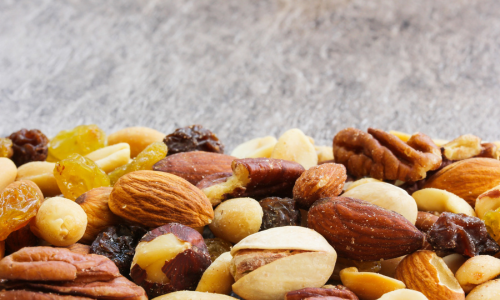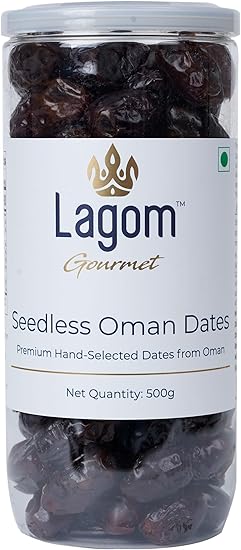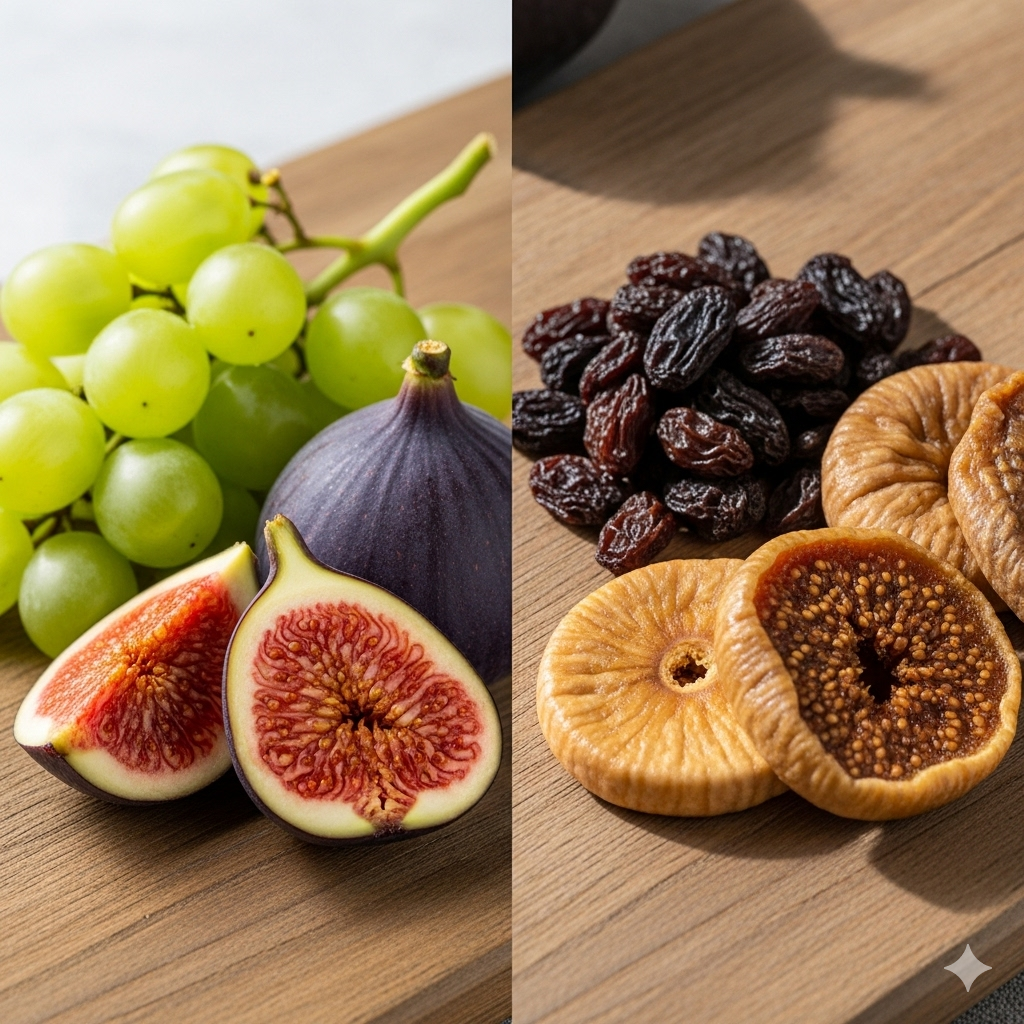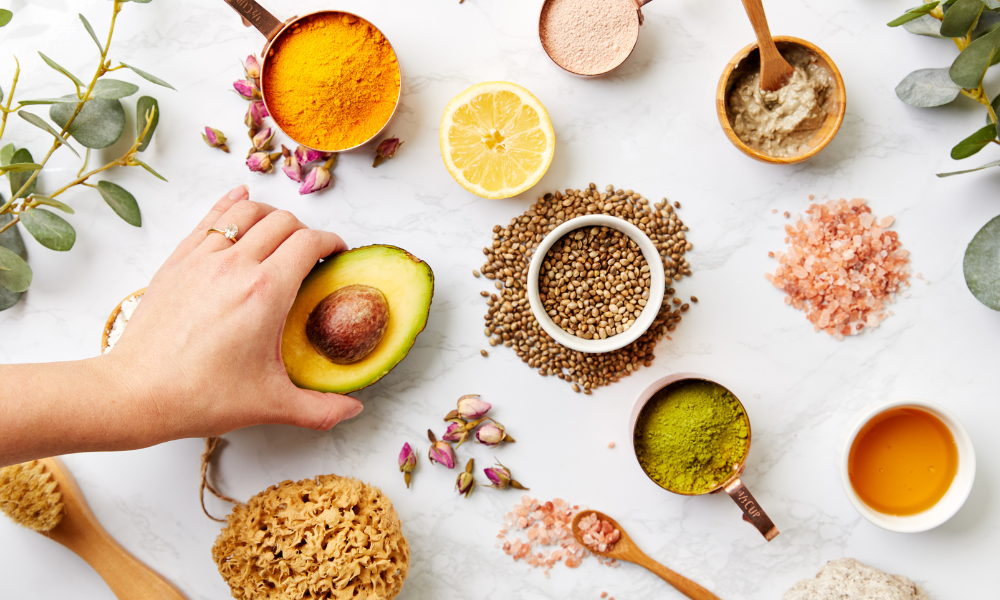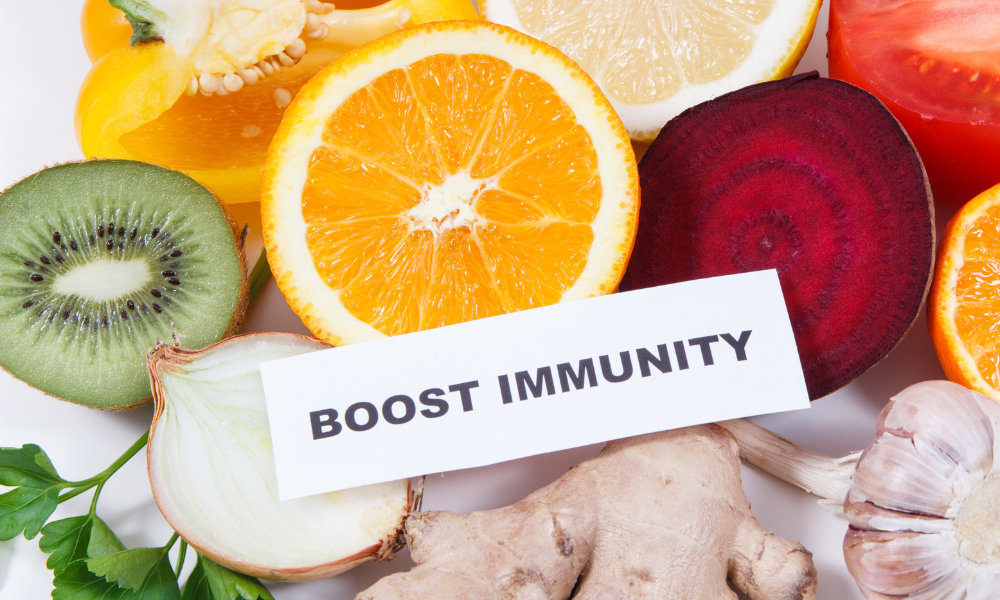Are Dry Fruits Really Healthy? Here’s What You Need to Know
Dry fruits have been a part of traditional diets for centuries, cherished not only for their taste but also for their impressive nutrient profile. From almonds to walnuts, dates to raisins, these small yet nutrient-dense foods are often recommended as healthy snacks, energy boosters, or even natural remedies. But the question remains: are dry fruits really healthy, or do they come with hidden drawbacks?
In this article, we’ll break down everything you need to know about dry fruits—their health benefits, possible side effects, best consumption practices, and how to choose the right ones for your lifestyle.
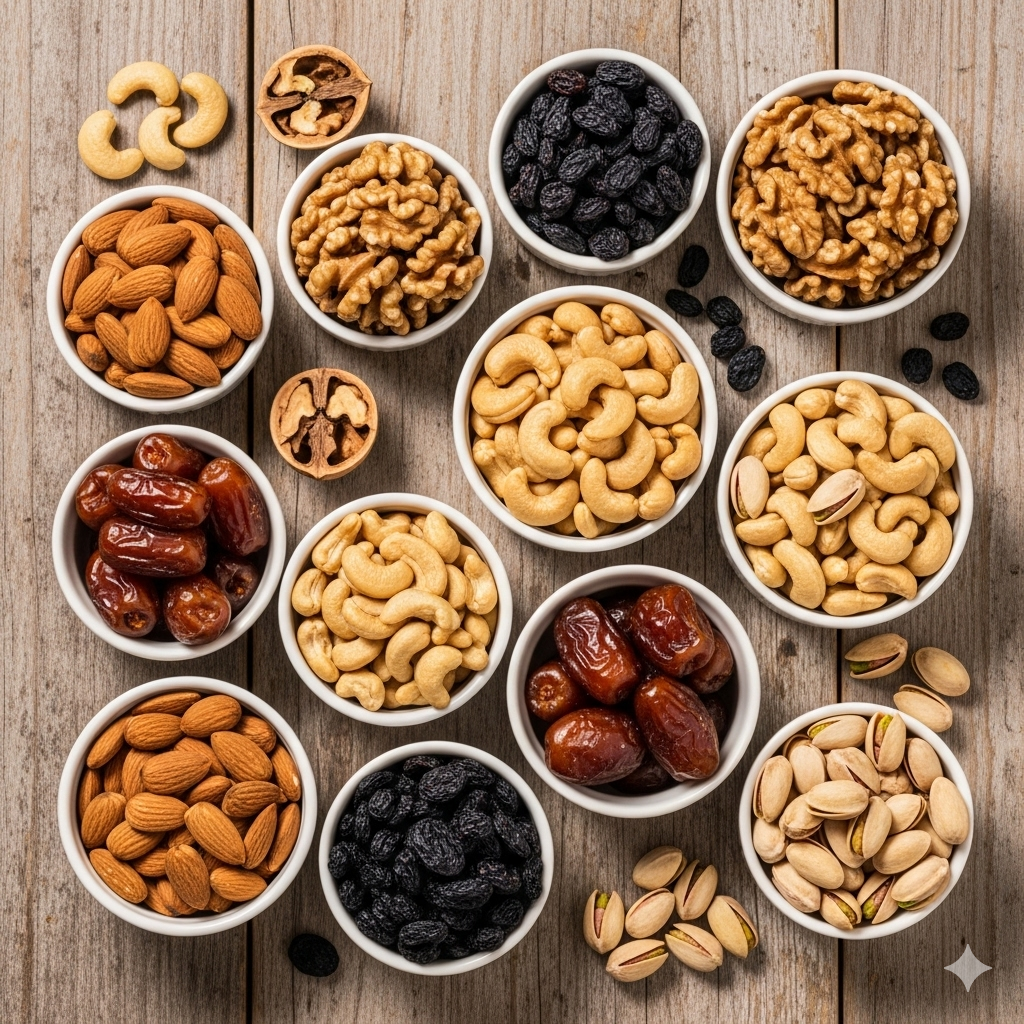
What Are Dry Fruits?
Dry fruits are simply fresh fruits that have been dehydrated naturally (sun-dried) or through artificial methods (using dehydrators). This process removes most of the water content, leaving behind a concentrated source of nutrients such as vitamins, minerals, antioxidants, and fiber.
Want to try a ready-made mix? Check out this Premium Dry Fruit Gift Pack that includes almonds, cashews, pistachios, and more
Common dry fruits include:
- Almonds
- Cashews
- Walnuts
- Pistachios
- Raisins
- Dates
- Figs
- Apricots
- Hazelnuts
Each of these comes with its unique set of benefits, but they share one commonality: they are calorie-dense and nutrient-rich.
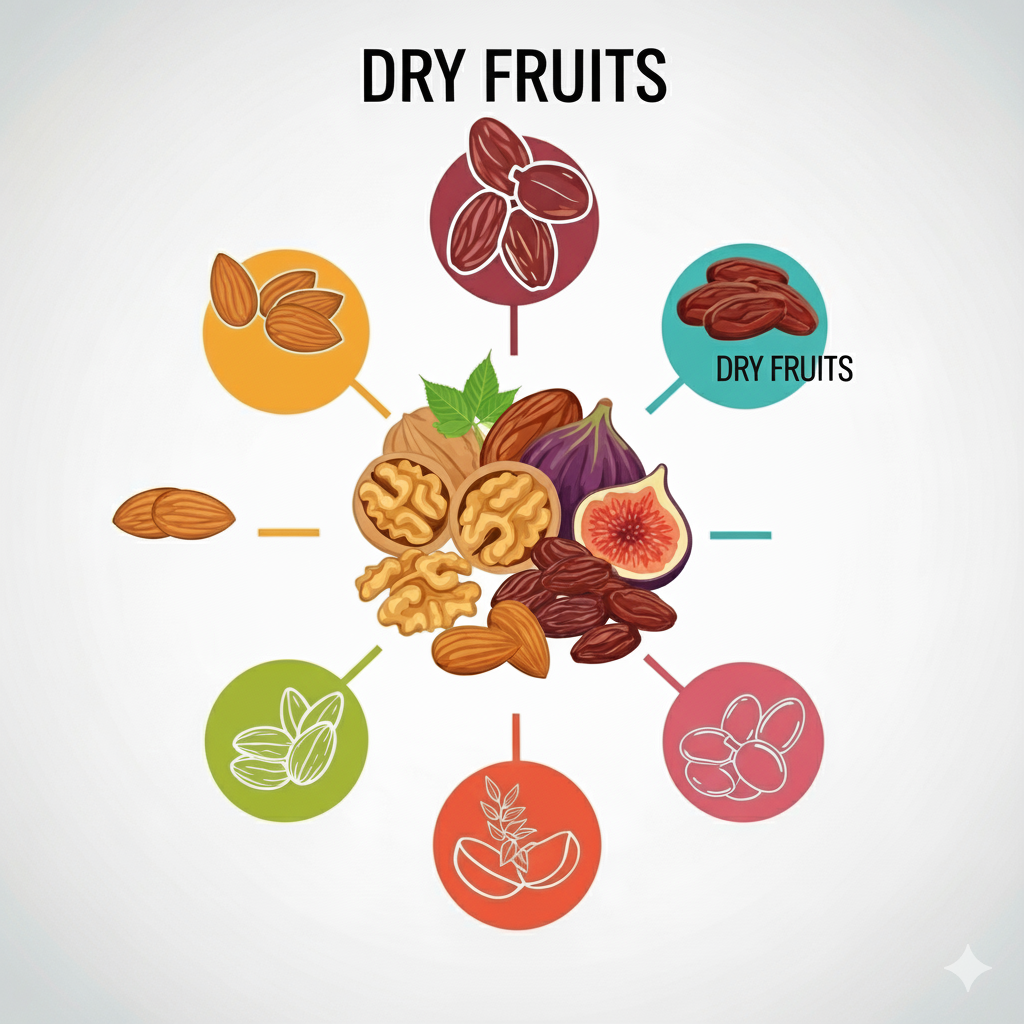
Health Benefits of Dry Fruits
- Rich Source of Nutrients
Dry fruits are packed with essential nutrients like protein, fiber, healthy fats, vitamins (A, C, E, and K), and minerals such as calcium, potassium, magnesium, and iron. For example:
- Almondsare rich in vitamin E and magnesium.
- Walnutsare a plant-based source of omega-3 fatty acids.
- Datesprovide natural sugar and iron, making them ideal for boosting energy.
- Boost Heart Health
Many dry fruits, especially walnuts, almonds, and pistachios, are linked to improved cardiovascular health. They help in:
- Lowering bad cholesterol (LDL)
- Increasing good cholesterol (HDL)
- Reducing inflammation in blood vessels
- Supporting healthy blood pressure
- Aid in Weight Management
Contrary to popular belief, dry fruits can actually support weight management when eaten in moderation. Their protein, fiber, and healthy fats keep you full for longer, reducing unnecessary snacking.
- Improve Brain Function
Almonds and walnuts, in particular, are known as “brain foods.” They contain vitamin E, omega-3 fatty acids, and antioxidants that protect brain cells, improve memory, and enhance cognitive function.
- Support Digestive Health
Dry fruits like figs, raisins, and apricots are rich in dietary fiber. This aids digestion, prevents constipation, and promotes a healthy gut microbiome.
For a quick and natural energy boost, these Lagom Gourmet Seedless Omani Dates are a healthy option without added sugars
- Boost Energy Levels
Because they are concentrated with natural sugars, dry fruits like dates and raisins provide an instant energy boost. This is why athletes and fitness enthusiasts often use them as pre- or post-workout snacks.
- Improve Skin and Hair Health
Vitamin E, antioxidants, and essential fatty acids in dry fruits protect skin from premature aging, improve hydration, and promote glowing skin. They also strengthen hair follicles and reduce hair fall.
Are There Any Downsides to Eating Dry Fruits?
While dry fruits are healthy, they are not free of drawbacks if consumed in excess. Here are some considerations:
- High Calorie Content
Since the water is removed, dry fruits are more calorie-dense than fresh fruits. Eating too many can lead to weight gain. For example, one handful of cashews contains around 150 calories.
- Risk of Added Sugar
Commercially packaged dry fruits are often coated with added sugar or syrup to enhance flavor. This significantly reduces their health benefits and may lead to issues like obesity, diabetes, and tooth decay.
- Sulfites and Preservatives
Some dry fruits, especially raisins and apricots, are treated with sulfites to preserve color and extend shelf life. These may trigger allergies or respiratory issues in sensitive individuals.
- Digestive Issues
Eating dry fruits in large amounts may cause bloating, gas, or diarrhea due to their fiber content.
- Nut Allergies
Tree nuts like almonds, cashews, and walnuts are common allergens. People with nut allergies should avoid them completely.
How Much Dry Fruit Should You Eat Daily?
The key to reaping the benefits of dry fruits lies in moderation. Nutritionists generally recommend:
- 5–7 almonds
- 2–3 walnuts
- 5–6 pistachios
- 2–3 dates
- 1–2 figs
A small handful (around 30 grams) per day is usually enough to provide health benefits without adding excessive calories.
Best Ways to Consume Dry Fruits
- Soaked Overnight– Soaking almonds, raisins, and figs overnight improves digestion and nutrient absorption.
- As a Snack– A small handful of mixed dry fruits can be a perfect mid-morning or evening snack.
- In Breakfast– Add them to your oats, smoothies, or yogurt for an energy-rich meal.
- In Cooking– Use them in curries, biryanis, or desserts for added flavor and nutrition.
- Energy Balls or Bars– Combine dry fruits with seeds and honey to make homemade energy snacks.
Fresh Fruits vs. Dry Fruits: Which is Better?
- Fresh fruitscontain more water, fewer calories, and are hydrating.
- Dry fruitsare concentrated sources of nutrients but also higher in calories.
Both are healthy, and ideally, a balanced diet should include a mix of both fresh and dry fruits.
To keep your dry fruits fresh longer, consider using these Airtight Dry Fruit Storage Jars
Tips for Buying Healthy Dry Fruits
- Choose unsweetened and unsalted varieties.
- Check labels for preservativeslike sulfites.
- Buy in small quantitiesto avoid overeating.
- Store in airtight containersto retain freshness.
- Opt for organicdry fruits when possible.
So, are dry fruits really healthy? The answer is yes—with moderation and mindful choices. Dry fruits are nutrient-rich superfoods that can improve heart health, brain function, digestion, and skin health. However, excessive consumption or reliance on sugar-coated, preservative-laden varieties can do more harm than good.
If consumed wisely, a small handful of dry fruits daily can be a powerful addition to your diet, giving you long-lasting energy, better immunity, and improved overall well-being.
